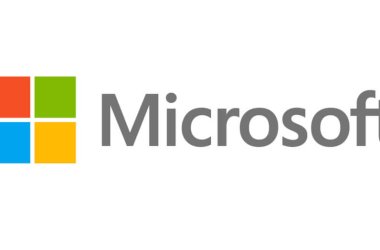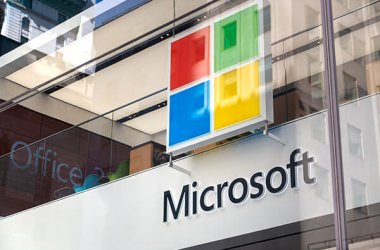
At the direction of Kenyan President Mwai Kibaki, the government has engineered a deal with ISPs that has started to bring down Internet connectivity charges in the country, with Safaricom slashing its rates and setting the pace for cheaper connectivity.
Even though several undersea cables have begun operations in the region, the cost of Internet connectivity has remained high. Now, public pressure from Kibaki appears to have brought about a deal on connectivity rates.
The Seacom, Teams and EASSY cables all landed in the region in the past year, but ISPs, citing conflicting reasons, have declined to pass any bandwidth cost savings to their customers.
ISPs resisted initial calls for reduction of rates claiming they still had contracts with satellite service providers that were running up to 2011 and the bandwidth used was acquired at higher costs.
This year, the service providers changed their position and claimed high taxes by local authorities, an unreliable power supply and higher annual fees by building owners hampered their ability to reduce connectivity charges.
But following the directive by Kibaki two weeks ago, connectivity charges have started going down with Safaricom becoming the first service provider to significantly lower rates. The reductions were achieved by increasing the data volume for every bundle by up to 150% for the same value.
Safaricom said in a statement that the move to lower connectivity charges followed a meeting between industry players and the Kenyan government to tackle how best to implement the presidential directive.
“For almost a year now since the landing of the cables, consumers have not seen the resulting benefits of the cables,” said Computer Society of Zambia telecom analyst Amos Kalunga. “Hence the move by the Kenyan government is expected to affect the way some of these regional ISPs conduct business for the benefit of every person.”
As an incentive to bring the charges down, telecom sector regulator, the Communications Commission of Kenya (CCK) and the Ministry of Information and Communication have made commitments to lower spectrum fees and review the overall spectrum policy for industry players by the end of August.
The Kenyan government is also putting in place measures to address rampant fibre vandalism, which has huge costs for the industry, and reclassifying information and communication technology infrastructure as national utilities. This means the Kenyan government through the local authorities and public works bodies would be able to compensate service providers for damages to ICT infrastructure.
The Kenyan government fears that sustained high Internet prices are a threat to the growth of the telecom sector and may hinder the ability of Kenyans to access government data made available via the Open Data website.
Safaricom CEO Bob Collymore said the company was reducing Internet connectivity charges in appreciation for the Kenyan government’s moves to address the challenges facing the industry. Collymore said the company expects the Kenyan government to address the remaining concerns by ISPs in order for the company to pass on additional benefits to consumers.
In further efforts to bring down connectivity charges, the Kenyan government has directed local authorities to invest in metro cables. The cables are expected to be shared by ISPs who have been citing exorbitant way-leaves and annual fees. The councils would then collect revenue from ISPs for using the cables.
Subscribers in several other countries in the region including Zambia, Uganda, Tanzania and Botswana are also complaining about the high ISPs charges.





